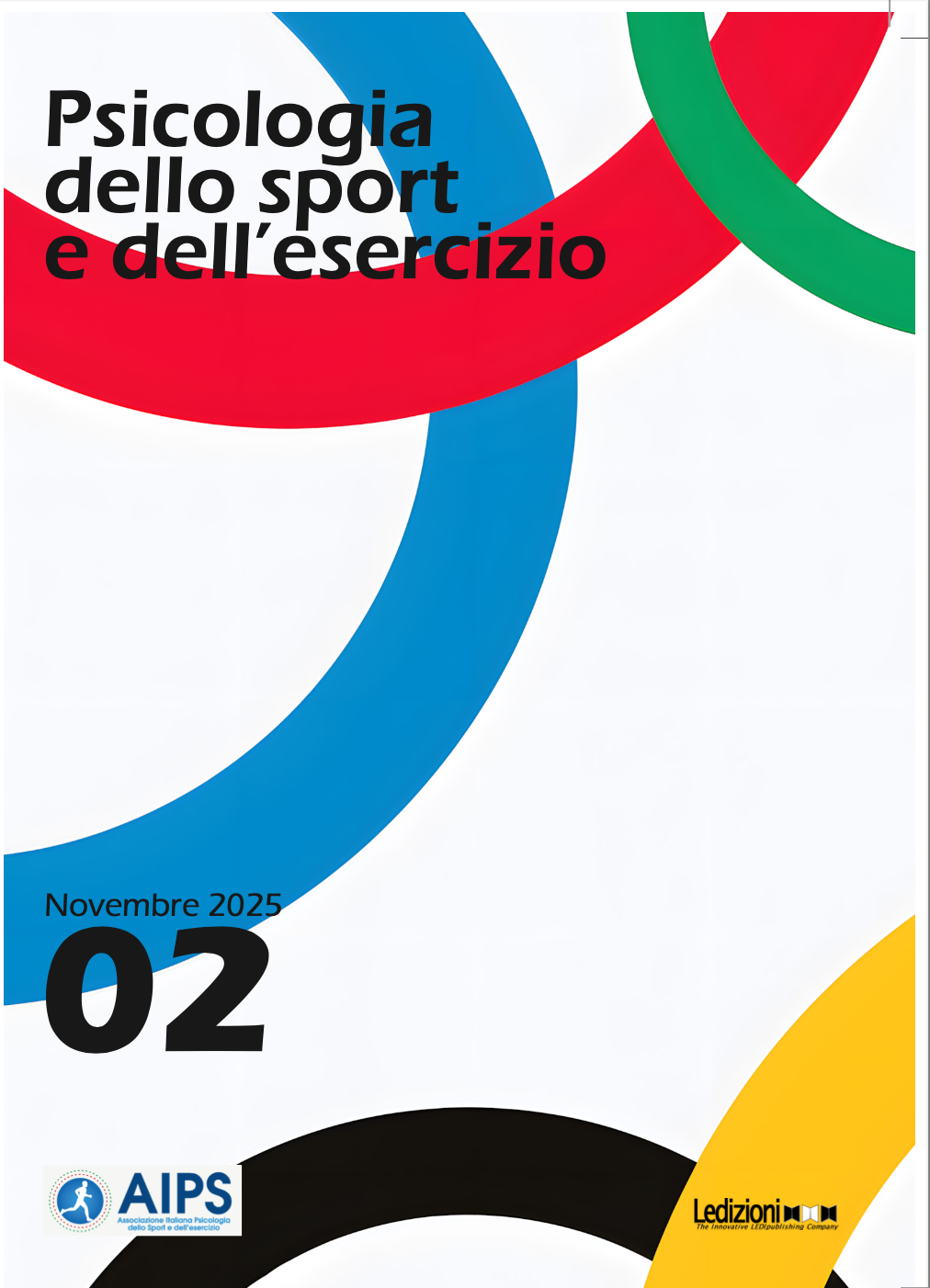Psychology and Speed Skating: The New Frontier of Performance.
Keywords:
speed skating, short track, self efficacy, arousal, impulsivityAbstract
The article explores the psychological and physical dynamics of speed skating and short track, two Olympic disciplines united by speed but distinguished by their specific dynamics and competitive context.
Speed skating requires emotional self-regulation and resilience to frustration, while short track demands risk tolerance, reactivity, and arousal management.
The mental dimension plays a crucial role in performance, of equal importance to physical skills.
Although limited, recent studies highlight distinct personality profiles, with temperamental traits related to impulsivity, persistence, and sensation seeking.
The central role of self-efficacy in achieving athletic success is emphasized, along with the value of tailored psychological interventions.
The article proposes a multidimensional approach, promoting a sports culture that recognizes psychological well-being as a foundation for performance and personal development.
Downloads
Published
How to Cite
Issue
Section
License
Copyright (c) 2025 Tecla Oliveri

This work is licensed under a Creative Commons Attribution 4.0 International License.
Authors retain copyright and grant the journal the right of first publication, with the work simultaneously licensed under a Creative Commons Attribution 4.0 International License (CC BY 4.0), which permits use, sharing, adaptation, distribution and reproduction in any medium or format, provided that appropriate credit is given and the original publication in this journal is acknowledged. Authors may enter into additional non-exclusive arrangements for the distribution of the published version (e.g., deposit in institutional repositories or inclusion in books), provided the initial publication in this journal is acknowledged.



